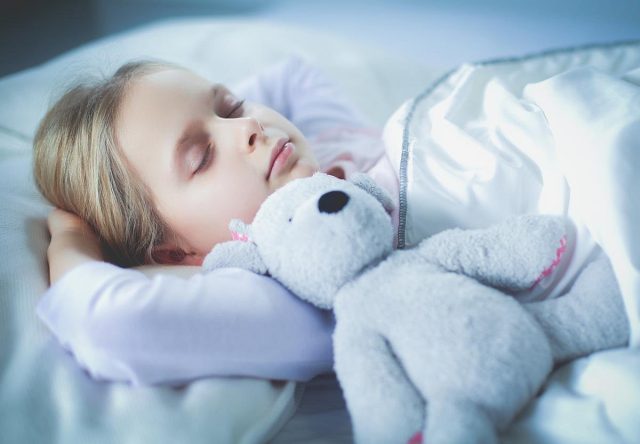Deep sleep and daytime urinary control more common in the treatment-responsive group
By Elana Gotkine HealthDay Reporter
MONDAY, June 23, 2025 (HealthDay News) — Specific factors, including deep sleep and daytime urinary control, are associated with treatment-responsive nocturnal enuresis among children, according to a study published online April 23 in BMC Pediatrics.
Parsa Lorestani, from the Kermanshah University of Medical Sciences in Iran, and colleagues conducted a cross-sectional study involving 144 children aged 5 to 8 years with nocturnal enuresis: 85 treatment-controlled and 59 treatment-resistant. Participants received desmopressin nasal spray. Multifaceted factors underlying different treatment outcomes were examined.
The researchers found that abnormal residual urine volume, one episode of bedwetting per night, and more than one episode of bedwetting per night were significantly different between the groups. Factors that were more common in the treatment-responsive group included deep sleep and daytime urinary control (85.9 and 77.6 percent, respectively). Higher rates of poor medication adherence and high urine volume per episode were seen for treatment-resistant children (94.9 and 86.4 percent, respectively), although these parameters were not statistically significant.
“These findings underscore the importance of individualized management strategies that address specific clinical and behavioral factors in treatment-resistant cases, potentially improving therapeutic outcomes,” the authors write. “Longitudinal research is needed to assess long-term treatment efficacy and explore new therapeutic approaches, with a focus on improving outcomes for children with nocturnal enuresis.”
Copyright © 2025 HealthDay. All rights reserved.



















